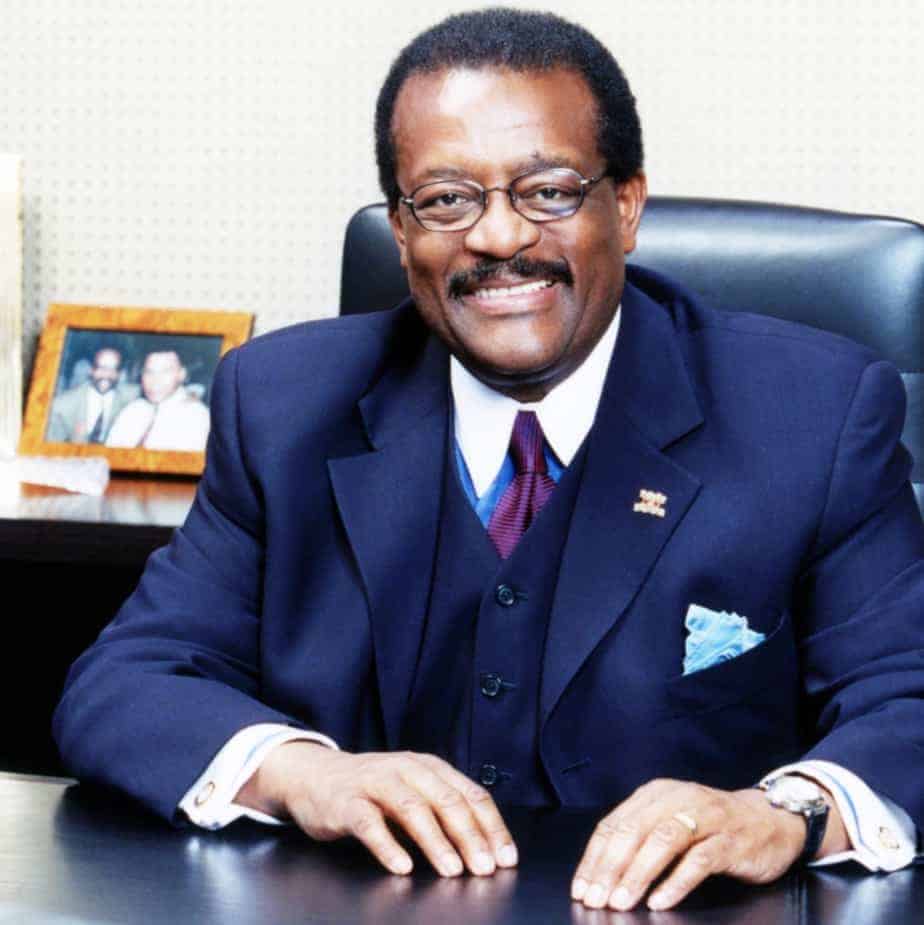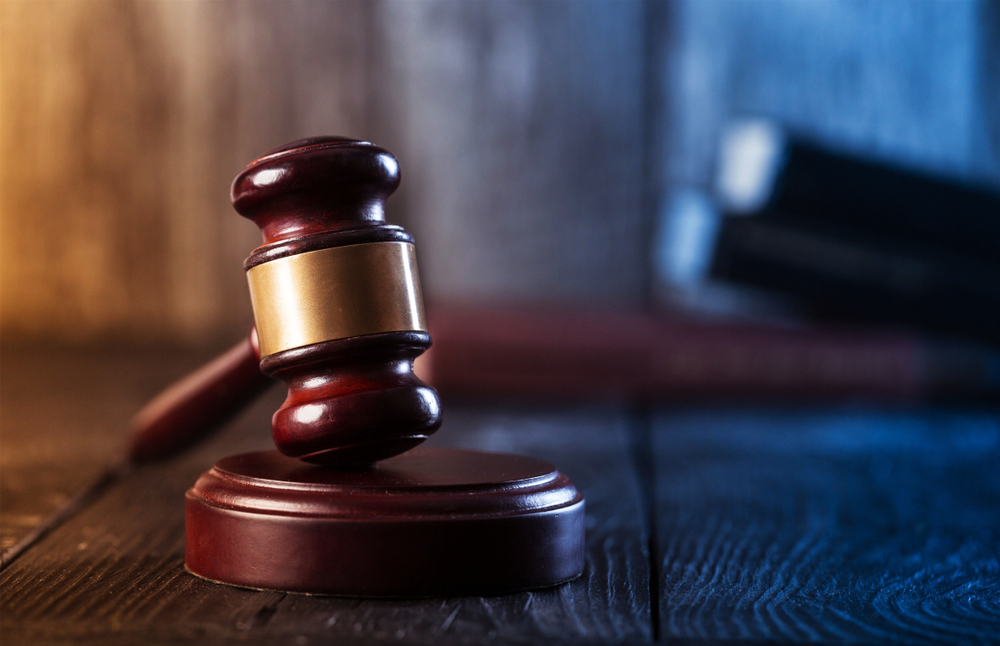
Among the reasons to hire The Cochran Firm are our excellence, experience and fierce advocacy as we dedicate ourselves to protecting your interests. Founded over 50 years ago, The Cochran Firm is one of Philadelphia’s premier personal injury law firms. Our firm is a diverse group of highly esteemed attorneys committed to giving you and your family quality representation.
We are also a team that truly cares about our clients. We’ve worked with thousands of injured people and their families and know very well the way a serious injury upends your life. Our personal injury lawyers will give you the compassion you deserve as we work with you and your family. We’ll be sure you know what you can expect in your case and that you understand each step in the process. Give us a call at 1-800-THE-FIRM to discuss your situation. Find out why your best choice for representation is a Philadelphia personal injury attorney with The Cochran Firm. You’ll quickly realize why so many others made the same choice.


JOHNNIE L. COCHRAN, JR., FOUNDING PARTNER, 1937-2005. Recognized throughout the world as an outstanding trial lawyer, civil libertarian and philanthropist, Johnnie L. Cochran, Jr. was one of our country’s most respected legal advocates. A seasoned litigator, he is remembered as a leading authority on the American criminal and civil justice systems. Today, his partners continue his legacy by providing their personal injury clients with the same work ethic and commitment to excellence.
The Cochran Firm is one of the nation’s largest personal injury & medical malpractice law firms with some of the most aggressive and accomplished trial attorneys.

Our team at The Cochran Firm will always give you the time you deserve to listen to your side of the story. After all, no one is better qualified than you to talk about the consequences of the accident that left you with injuries. This is your personal story, and we need to be able to retell it accurately. We must convince the insurer that you deserve the settlement we are pursuing. As we’ve learned through our decades of collective experience, the only way to do that properly is by listening to you and by asking the right questions.